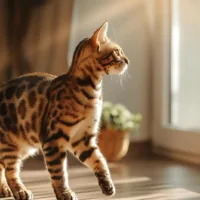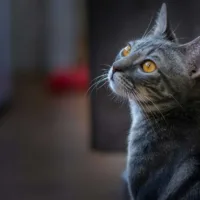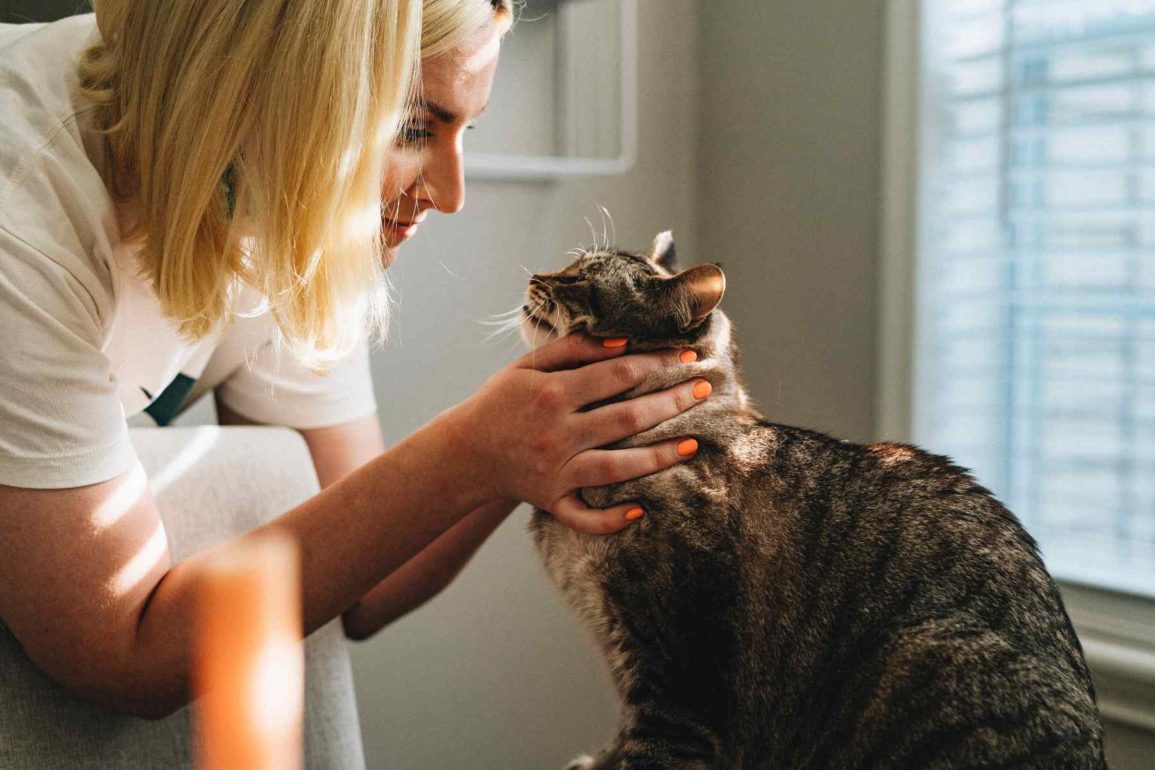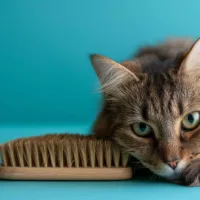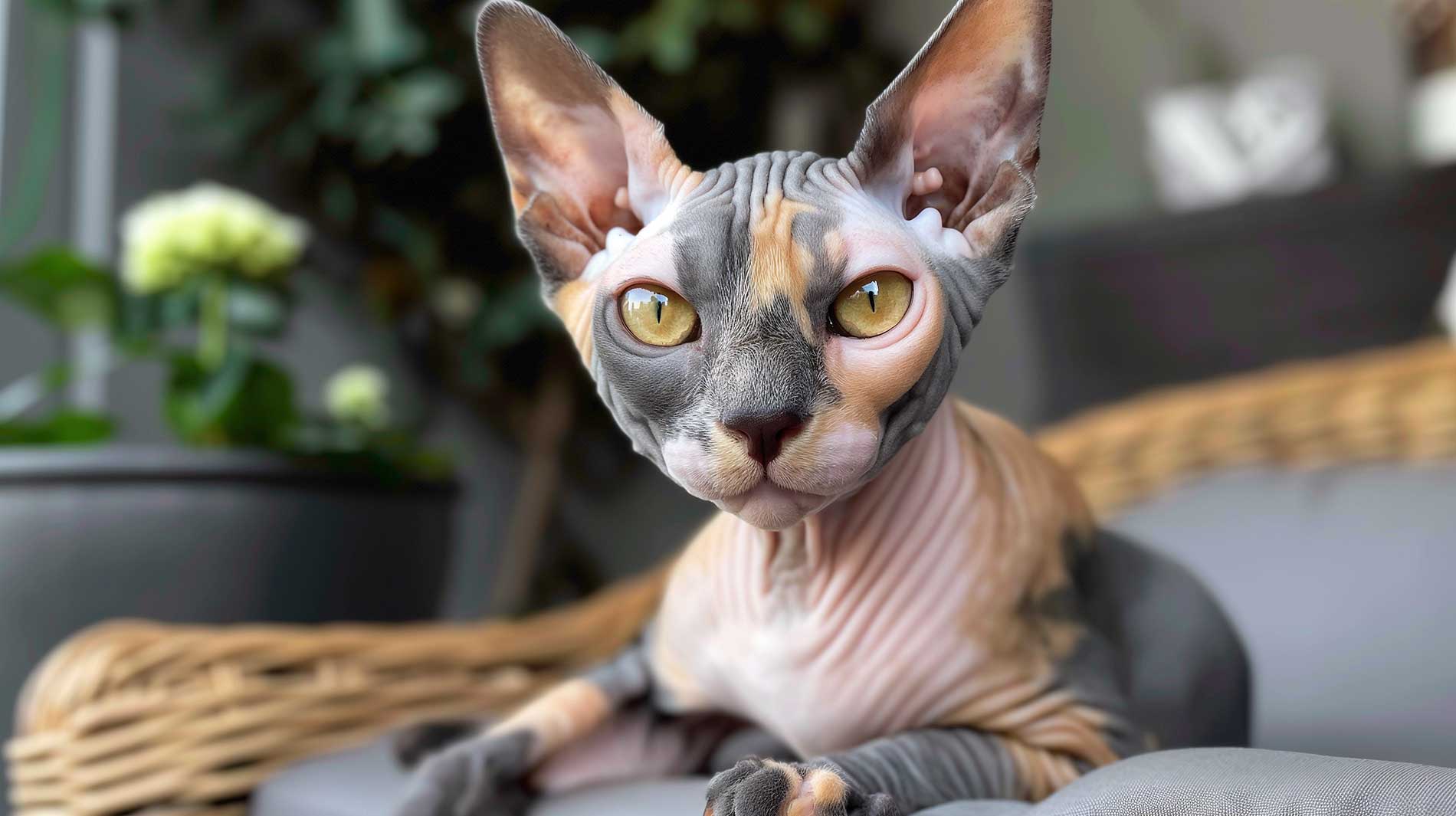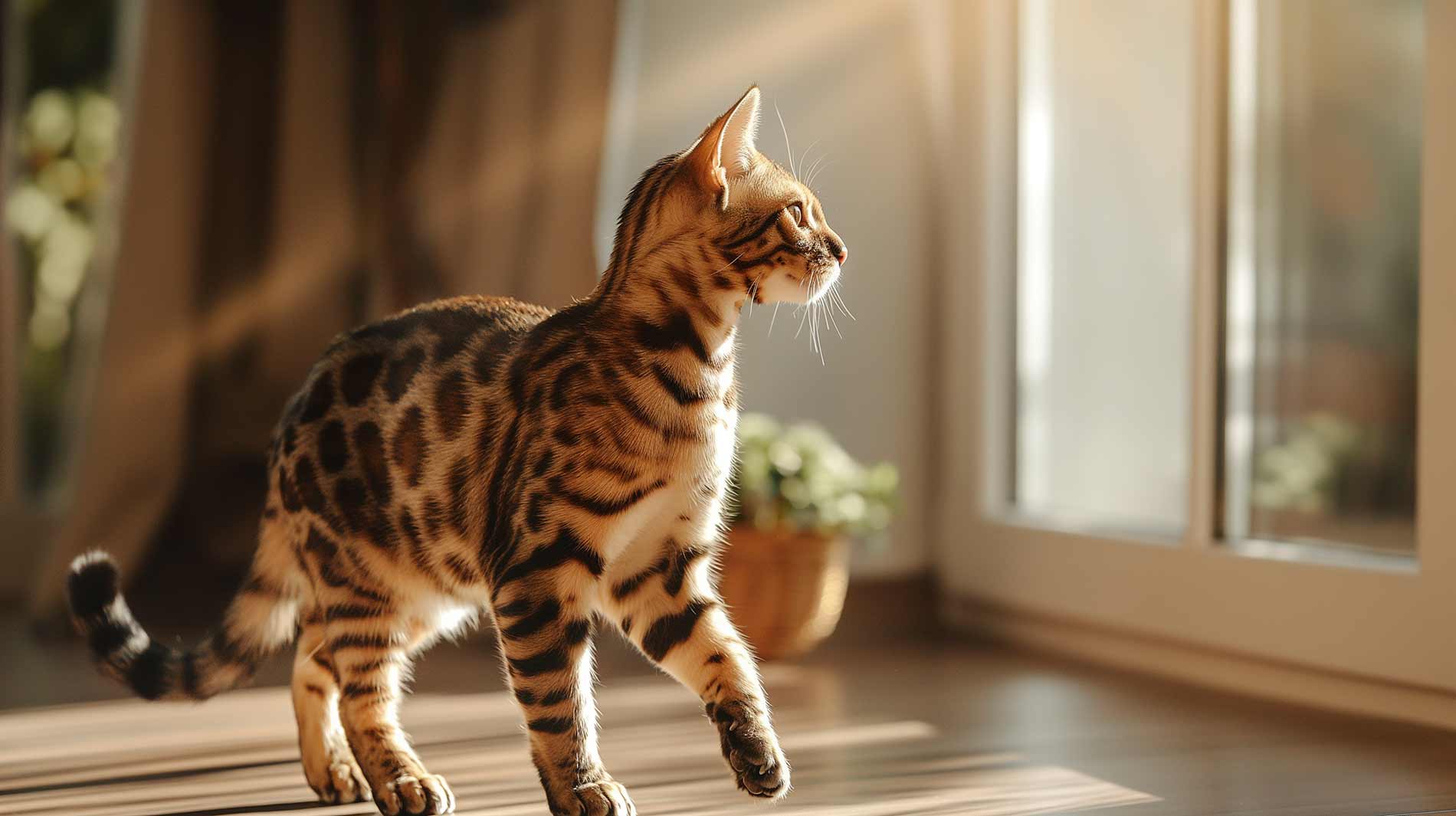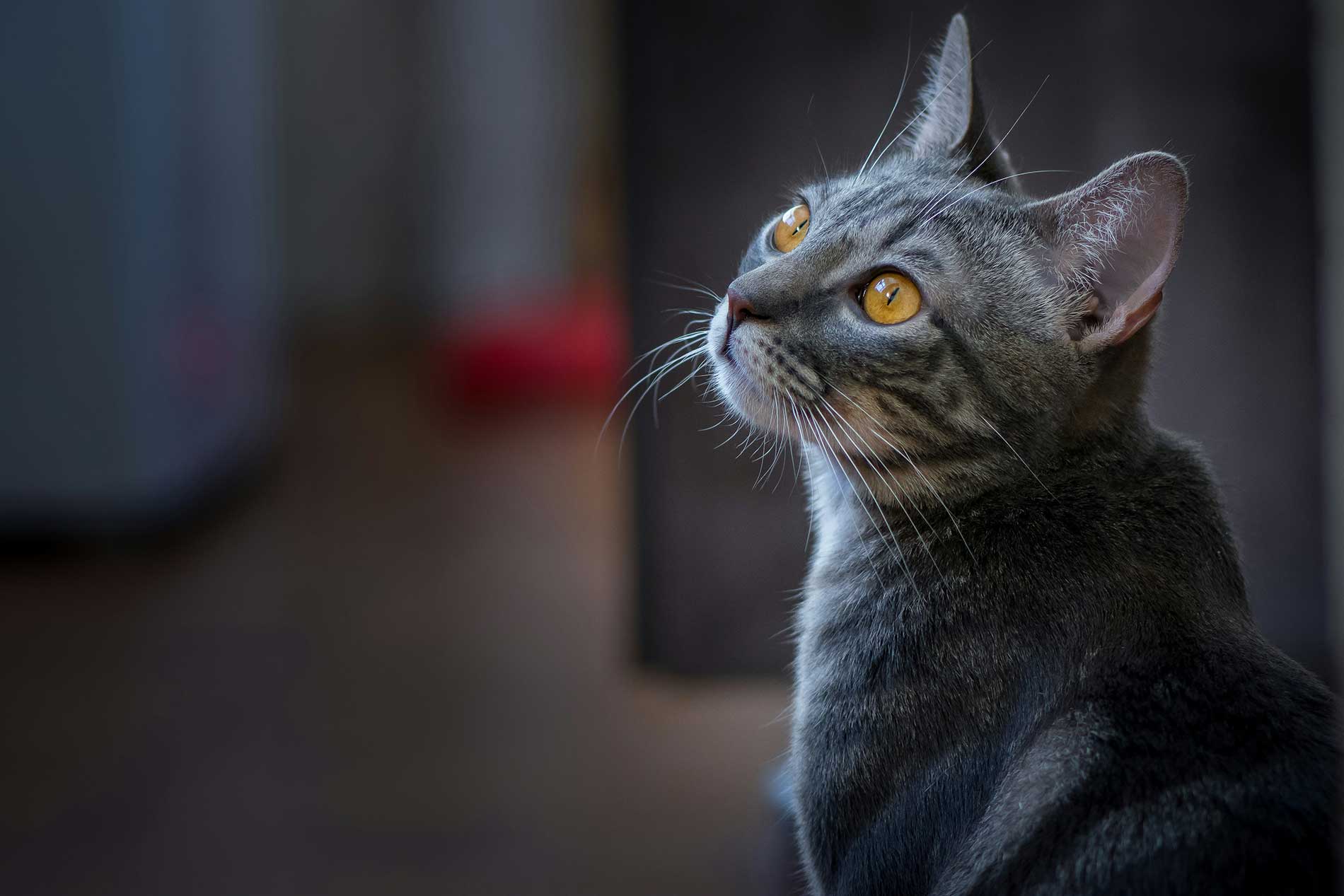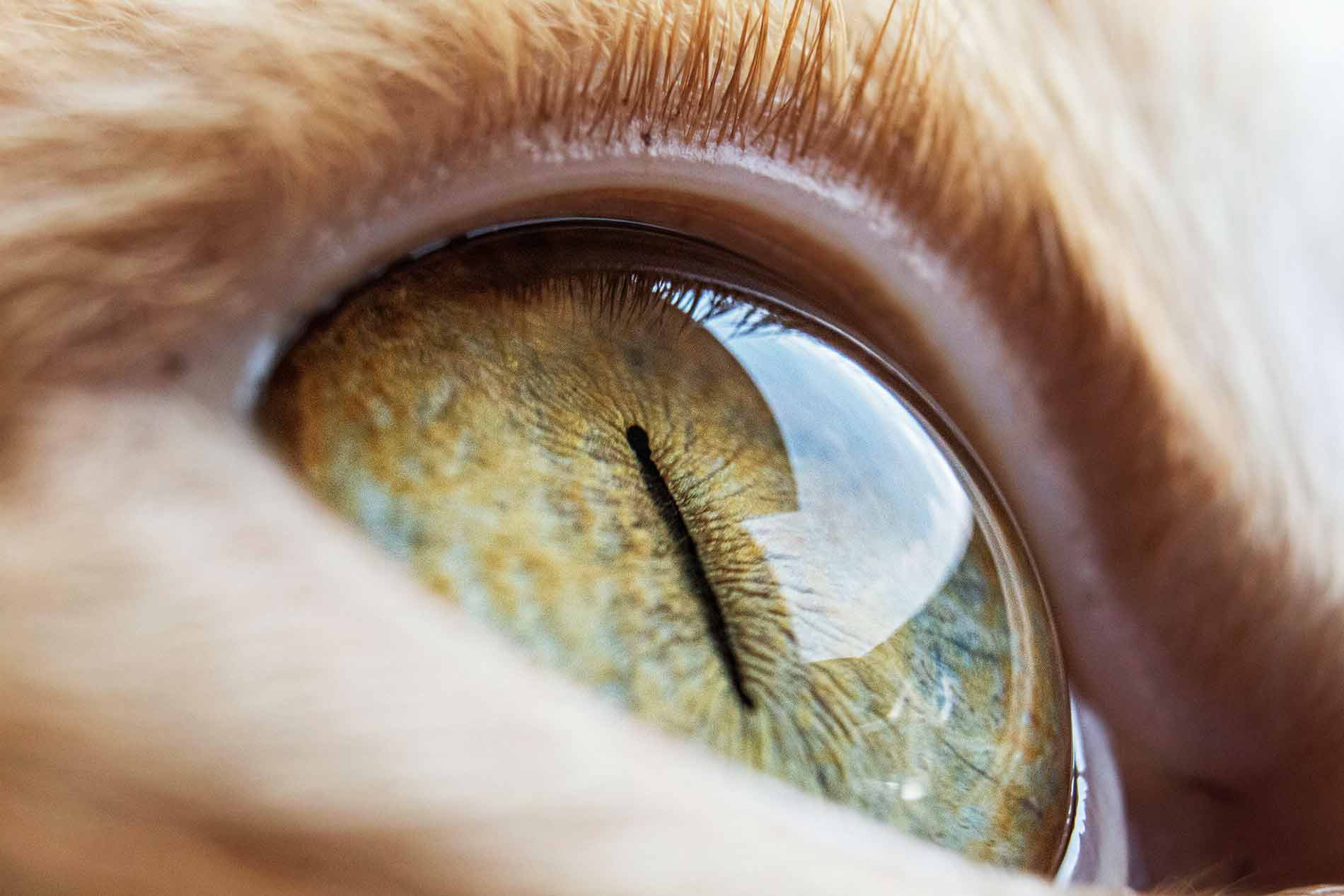- Upper Respiratory Infections
- Feline Lower Urinary Tract Disease (FLUTD)
- Dental Disease
- Diabetes
- Kidney Disease
- Hyperthyroidism
As a cat owner, it’s important to understand that your furry friend may encounter various health issues throughout its life. Recognizing the signs of common cat illnesses and knowing what to do can help you take better care of your pet and ensure they live a long, happy, and healthy life. In this blog post, we will discuss some of the most common cat illnesses, their symptoms, and how to handle them.
1. Upper Respiratory Infections
Upper respiratory infections (URIs) are quite common in cats, especially those who have been in contact with other cats in shelters or multi-cat households. The most common causes of URIs in cats are feline herpesvirus and feline calicivirus.
Upper Respiratory Infection Symptoms
- Sneezing
- Nasal discharge
- Eye discharge
- Coughing
- Loss of appetite
What to do: If you suspect your cat has a URI, take them to the vet for a proper diagnosis and treatment. Your vet may prescribe antibiotics or antiviral medications, as well as supportive care like fluids and nutritional supplements.
2. Feline Lower Urinary Tract Disease (FLUTD)
FLUTD is an umbrella term for conditions that affect the cat’s bladder and urethra. It can be caused by a variety of factors, including factors such as urinary stones, infections, or even stress.
FLUTD Symptoms
- Straining to urinate
- Frequent trips to the litter box
- Blood in the urine
- Urinating outside the litter box
- Crying out in pain when urinating
What to do: If you notice any of these symptoms, consult your veterinarian immediately. FLUTD can be life-threatening, particularly if your cat has a urinary blockage. Treatment may include medications to manage pain and inflammation, a change in diet to prevent future issues, or even surgery in severe cases.
3. Dental Disease
Dental disease is common in cats, particularly as they age. Plaque and tartar buildup can lead to gingivitis, periodontitis, and even tooth loss if left untreated.
Dental Disease Symptoms
- Bad breath
- Red, swollen gums
- Drooling
- Difficulty eating
- Weight loss
What to do: Regular dental checkups at the vet are essential for maintaining your cat’s oral health. Your vet may recommend professional dental cleanings or extractions for severely affected teeth. At home, consider brushing your cat’s teeth regularly and providing high-quality wet food with pieces of filet to help prevent plaque buildup.
4. Diabetes
Diabetes is a metabolic disorder that affects the way your cat’s body processes sugar. There are two types of diabetes in cats: Type 1, which occurs when the pancreas doesn’t produce enough insulin, and Type 2, which occurs when the body doesn’t use insulin effectively. Type 2 Diabetes is more common in cats and is often associated with obesity.
Diabetes Symptoms
- Increased thirst and urination
- Weight loss despite normal or increased appetite
- Lethargy
- Vomiting
What to do: If you suspect your cat has diabetes, consult your veterinarian for a diagnosis. Diabetes can usually be managed with a combination of insulin injections, a specialized diet, and regular monitoring of blood sugar levels. In some cases, weight loss and dietary changes can help a cat with Type 2 diabetes go into remission.
5. Kidney Disease
Chronic kidney disease (CKD) is a common ailment in older cats. The kidneys play a vital role in filtering waste products from the blood, and when their function declines, toxins can build up, leading to illness.
Kidney Disease Symptoms
- Increased thirst and urination
- Weight loss
- Loss of appetite
- Vomiting
- Bad breath with a distinct ammonia-like odor
What to do: If you notice these symptoms in your cat, consult your veterinarian. CKD can be diagnosed through blood tests and urinalysis. While there’s no cure for CKD, it can be managed with a combination of treatments, including a specialized renal diet, medications to manage symptoms, and fluid therapy to help maintain hydration. Regular check-ups with your veterinarian are essential to monitor your cat’s condition and adjust treatment as needed.
6. Hyperthyroidism
Hyperthyroidism is a common hormonal disorder in older cats, caused by an overproduction of thyroid hormones. This can lead to an increased metabolic rate and various health issues.
Hyperthyroidism Symptoms
- Weight loss despite an increased appetite
- Hyperactivity or restlessness
- Increased thirst and urination
- Vomiting
- Diarrhea
What to do: If you suspect your cat has hyperthyroidism, visit your veterinarian for a blood test to confirm the diagnosis. There are several treatment options available, including medication, radioactive iodine therapy, surgery, or a specialized diet. Your vet will recommend the best course of action based on your cat’s specific needs.
Conclusion
Being aware of the signs and symptoms of common cat illnesses is crucial for maintaining your cat’s health and well-being. Regular veterinary check-ups, a balanced diet, and a clean, safe environment can help prevent many health issues. If you notice any unusual behavior or symptoms, consult your veterinarian promptly to ensure your cat receives the appropriate care and treatment. With vigilance and proper care, you can help your feline friend enjoy a long, happy, and healthy life.
Remember that prevention is better than cure, so make sure to keep up with routine vaccinations, parasite control, and dental care for your cat. In addition, providing mental and physical stimulation through play, appropriate scratching surfaces, and comfortable resting areas can help reduce stress, which plays a significant role in overall health.
By educating yourself on feline health and staying alert to potential issues, you’ll be better equipped to recognize common cat illnesses and take action when needed. The bond between you and your cat is special, and ensuring its health is a crucial part of being a responsible and loving cat owner.

